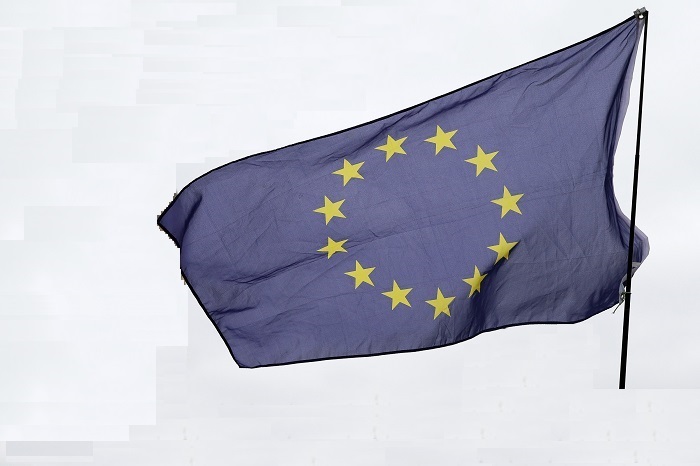EU warns Malta on supervision of Int´l business
Published : 23 May 2017, 10:43
Updated : 23 May 2017, 13:42
Malta ought to ensure the effective supervision of internationally-oriented business by financial institutions, licensed in Malta, in cooperation with the host supervisors in the countries where they operate, the European Commission warned in a recommendation report published on Monday.
"Malta is the only EU member state utilizing the full imputation system of company taxation and it offers a refundable tax credit scheme. It has an extensive network of double taxation treaties, and it has an attractive tax residency status for individuals," the European Commission said in the report.
"The supervision of the internationally-oriented business, however, is challenging," the Commission said.
"The financial sector carries out most of its activities outside Malta. The ability of a relatively small supervisory authority to oversee a large system, in particular in the insurance sector but also in banking, is under pressure."
The Maltese government is under scrutiny after the publication of the Malta Files -- a series of documents published by the European Investigative Collaborations (EIC).
Over the past three months, the EIC collaborated with 13 different media outlets and over 40 journalists in 16 different countries to expose Malta's lax tax laws, which allow international companies to pay taxes as low as 5 percent.
While the Maltese income tax rate is among the highest in the EU at 35 percent, if a London-based business and opens a parent company on the island and most of its operations occur offshore, the Maltese Inland Revenue can refund 6/7 of the total tax.
For highly profitable international companies, this results in a mere 5-percent corporate tax and millions of euros for Malta.
This system -- considered a tax haven by some EU members -- has never been a secret. Maltese government officials argue that these laws were in place over a decade before the country joined the EU.
According to Maltese Prime Minister Joseph Muscat, there is nothing illegal about Malta's tax laws.
"They tried to say that there is something illegal in our financial services, when the truth is that our financial systems are the same as when we joined the European Union," Muscat said.
"It took months, if not years, of investigation by the EU which declared that our tax regime is acceptable and is not in breach of EU rules."Maltese Finance Minister Edward Scicluna said.
"Malta offers advantageous tax rates allowing it to compete with other countries. Even the United Kingdom is planning to reduce its 25-percent rate to 17 percent by 2020."
"The Malta Files story is unfair and endangers the economy and jobs," adds Scicluna. He has even called the reports "fake news" specifically regarding Oleg Boyko, a Russian businessman leading the pay-day loan company 4Finance.
The files claimed that 4Finance reaped over 700-percent interest from some clients falling behind on loan repayments.
The activities of Boyko and his company are one example of many highlighted by the EIC, which has published over 150,000 documents -- Between 1.5 billion euros (1.69 billion U.S. dollars) and 2 billion euros is lost each year.
According to Malta Today, in 2015 nearly 4 billion euros was lost in taxes. Many EU members argue this money should have been paid in the countries in which foreign companies are predominantly based. Some question further that even if this process is legal, it makes identifying fraud cases more difficult.
For the EU, addressing money laundering, tax avoidance and tax havens remains a priority.
However, Maltese government officials argue that the tiny island nation state with a population of only 450,000 has no natural resources and depends on foreign companies to boost the economy and employ Maltese citizens.


